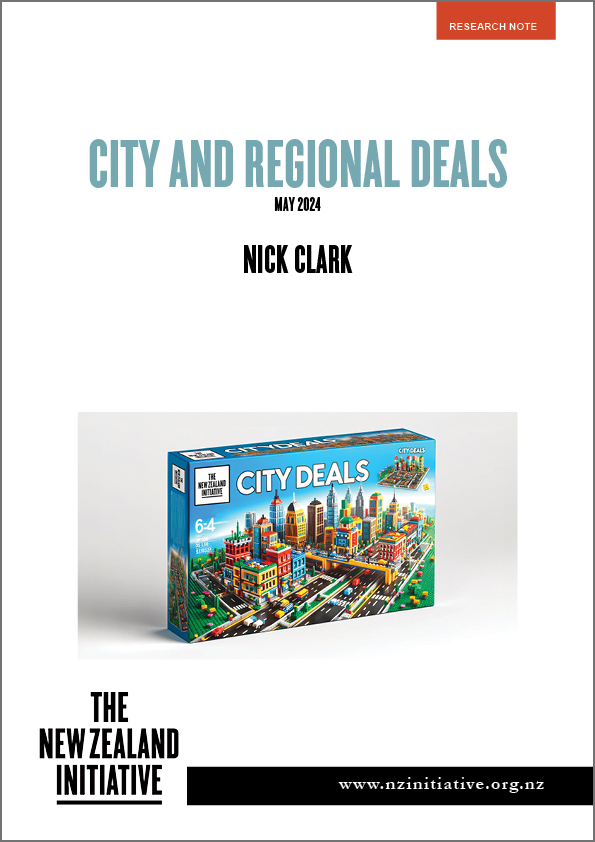This report, "City and regional deals", draws on the Initiative's extensive work on localism and international best practices to explore how partnerships between central and local government can empower communities to tackle their unique challenges and seize opportunities for growth.
"For too long, our councils have borne the costs of growth while the benefits flow almost entirely to central government in Wellington," says Dr Oliver Hartwich, Executive Director of the New Zealand Initiative. "It's no wonder many seem unwilling or unable to embrace much-needed development, reinforcing perceptions of incompetence and lack of focus."
The localist approach embodied in city and regional deals offers a way forward. These formal agreements bring together various stakeholders - central and local government, businesses, tertiary institutions, iwi - to align their efforts around shared strategies and investments tailored to a specific area. Crucially, they provide a pathway for devolving powers and funding to the local level, giving communities the tools they need to shape their own futures.
The potential of this approach is clear from international experience. "City and regional deals done well have enabled coordinated investments in infrastructure, skills, and economic development, catalysing growth and improving quality of life," says Nick Clark, the Initiative's senior fellow and author of the research note.
However, the report cautions that making local deals work in New Zealand will require rebuilding trust between central and local government after years of top-down impositions and unfunded mandates. Capability and capacity gaps in many areas pose additional challenges.
"We need to give councils skin in the game by letting them share in the benefits of growth through better funding tools," says Clark. "But in return, deals must be carefully designed with strong accountabilities to keep all parties focused on delivering results."
The research note delves into the different forms city and regional deals could take in New Zealand, from narrowly focused infrastructure partnerships to more ambitious devolution of powers and services. While large metropolitan areas might be the initial focus, the Initiative argues for an inclusive "local deals" framework open to smaller regions and iwi as well.
Ultimately, The New Zealand Initiative believes localism, embodied in the form of city and regional deals, is the key to unlocking New Zealand's potential. By empowering communities across the country to chart their own paths to prosperity, we can build a more dynamic, resilient, and inclusive future for all New Zealanders.
To learn more about city and regional deals and how they could transform New Zealand, read the full research note.





